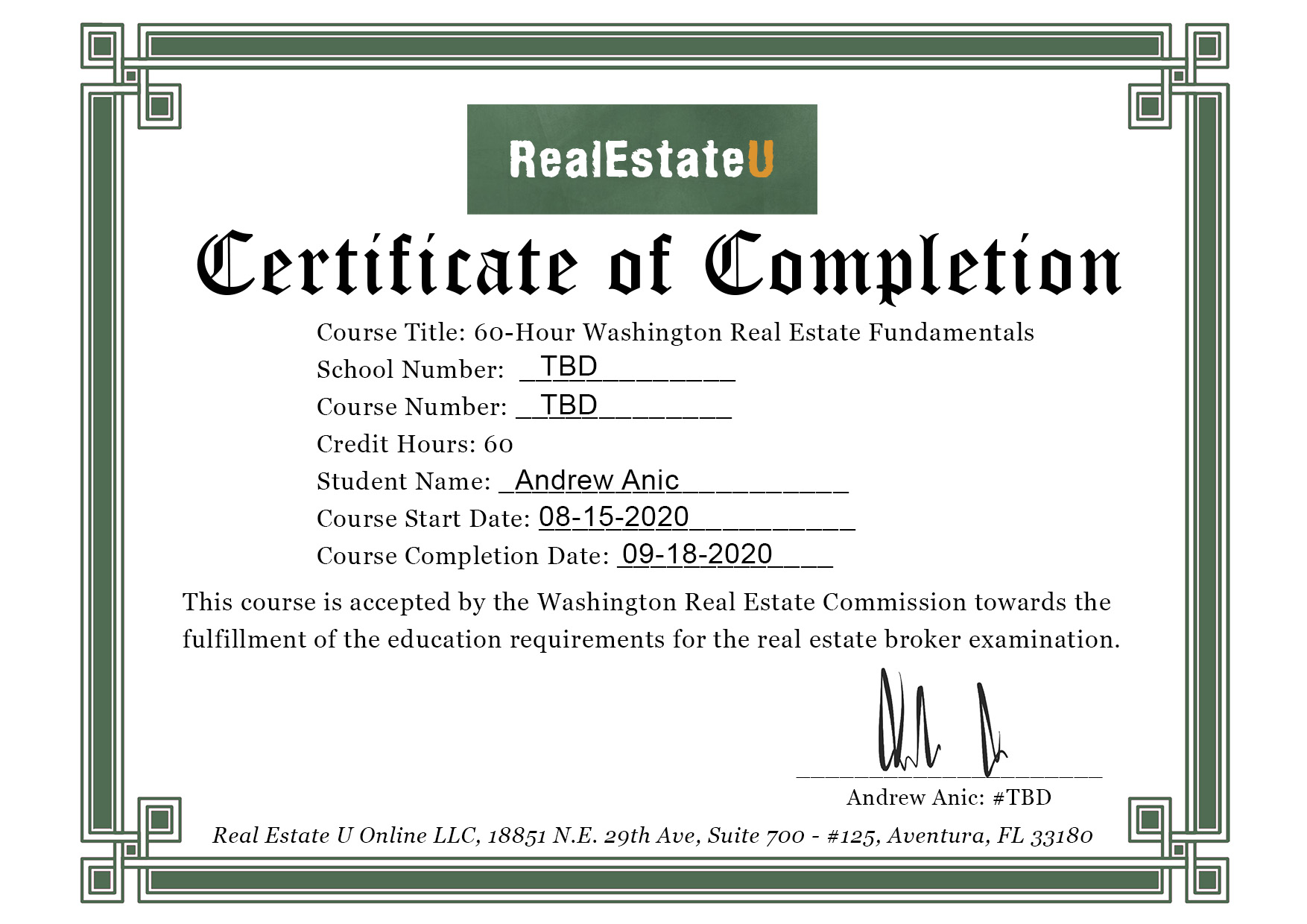
Consider several factors when you are looking for a multi-family mortgage loan. These factors include the downpayment and interest rate as well as alternative financing options. This article will explain the rates and down payment requirements for these types of loans. Once you have this information, you will be able choose the best mortgage for you.
Multi-family mortgage loan rates
Multi-family mortgage loans have a variety of factors that can influence their interest rates. These loans generally have higher reserves requirements than conventional loans. Multifamily loans come with a greater risk. Buyers should search for lenders that specialize in multifamily loans.
The traditional FHA mortgage program allows borrowers to purchase multifamily properties up to four units. These benefits include a low downpayment requirement and a lower interest. Other benefits include less stringent requirements and lower DTI.

Down payment requirements
The requirements for multi-family mortgage loans vary depending upon the type of property. For example, a three-unit multifamily property may require a 20% down payment, while a two-unit multifamily property might only require a 5% down payment. Different banks have different guidelines about how much down payment is required for multifamily properties.
Although the down payment for multi-family properties requires a higher down payment than single-family houses, you can still get approved with low down payments. A few programs may require as little down as 5%, while some lenders may allow you to pay as little down as 1%. Some programs allow you to borrow the downpayment of a parent or relative in order to finance a portion your mortgage.
Minimum interest rate requirements
There are several requirements that must be met before you can apply for a multi-family loan. The first step is pre-qualification, which involves a review of your credit score, income, and assets. For most lenders to approve a loan, you will need a score of at minimum 620.
There are other financing options
There are some challenges associated with alternative financing. Alternative financing presents some challenges. There is limited documentation, insufficient data on alternative financing's effectiveness, and wide variation among states in the types available. The lack of research can hinder policymakers from assessing the harms and benefits of alternative financing.

Private equity, credit funds and online markets are other options for multifamily mortgage loan funding. Private equity funds are frequently used to finance commercial realty deals. These funds pool capital from many investors and offer debt or equity financing to borrowers. This type is not the best option for all situations, so it's important to do your research.
FAQ
How long does it take for my house to be sold?
It depends on many different factors, including the condition of your home, the number of similar homes currently listed for sale, the overall demand for homes in your area, the local housing market conditions, etc. It may take up to 7 days, 90 days or more depending upon these factors.
What should I look for in a mortgage broker?
People who aren't eligible for traditional mortgages can be helped by a mortgage broker. They search through lenders to find the right deal for their clients. This service is offered by some brokers at a charge. Others offer free services.
How do I know if my house is worth selling?
If you have an asking price that's too low, it could be because your home isn't priced correctly. You may not get enough interest in the home if your asking price is lower than the market value. You can use our free Home Value Report to learn more about the current market conditions.
Do I need flood insurance?
Flood Insurance protects from flood-related damage. Flood insurance can protect your belongings as well as your mortgage payments. Learn more information about flood insurance.
Is it cheaper to rent than to buy?
Renting is typically cheaper than buying your home. However, renting is usually cheaper than purchasing a home. You also have the advantage of owning a home. You'll have greater control over your living environment.
Should I use an mortgage broker?
A mortgage broker is a good choice if you're looking for a low rate. Brokers have relationships with many lenders and can negotiate for your benefit. However, some brokers take a commission from the lenders. Before signing up, you should verify all fees associated with the broker.
Statistics
- The FHA sets its desirable debt-to-income ratio at 43%. (fortunebuilders.com)
- This means that all of your housing-related expenses each month do not exceed 43% of your monthly income. (fortunebuilders.com)
- When it came to buying a home in 2015, experts predicted that mortgage rates would surpass five percent, yet interest rates remained below four percent. (fortunebuilders.com)
- Some experts hypothesize that rates will hit five percent by the second half of 2018, but there has been no official confirmation one way or the other. (fortunebuilders.com)
- It's possible to get approved for an FHA loan with a credit score as low as 580 and a down payment of 3.5% or a credit score as low as 500 and a 10% down payment.5 Specialty mortgage loans are loans that don't fit into the conventional or FHA loan categories. (investopedia.com)
External Links
How To
How to Find Real Estate Agents
The real estate agent plays a crucial role in the market. They can sell properties and homes as well as provide property management and legal advice. A good real estate agent should have extensive knowledge in their field and excellent communication skills. You can look online for reviews and ask your friends and family to recommend qualified professionals. It may also make sense to hire a local realtor that specializes in your particular needs.
Realtors work with both buyers and sellers of residential real estate. A realtor's job it to help clients purchase or sell their homes. A realtor helps clients find the right house. They also help with negotiations, inspections, and coordination of closing costs. Most realtors charge a commission fee based on the sale price of the property. Unless the transaction is completed, however some realtors may not charge any fees.
The National Association of REALTORS(r) (NAR) offers several different types of realtors. Licensed realtors must pass a test and pay fees to become members of NAR. To become certified, realtors must complete a course and pass an examination. NAR designates accredited realtors as professionals who meet specific standards.